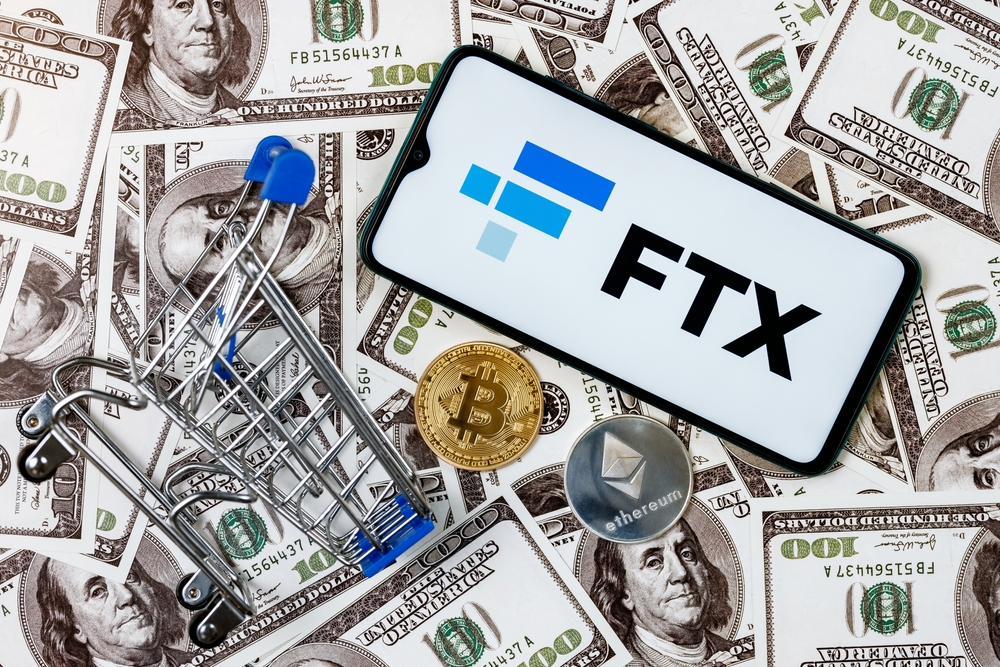Unlock the Editor’s Digest for free
Roula Khalaf, Editor of the FT, selects her favourite stories in this weekly newsletter.
AstraZeneca has become the first UK-listed company to reach a £200bn valuation, in a vindication of the company’s bet on developing a leading portfolio of cancer drugs.
The UK drugmaker’s shares rose 1.1 per cent on Tuesday to reach a market capitalisation of £200.3bn. Its stock has risen by almost 20 per cent this year, after chief executive Pascal Soriot outlined plans in May for the company to reach $80bn in annual revenue by 2030.
The rise to the landmark valuation comes 12 years into the tenure of Soriot, whose £18.7mn pay package makes him one of the best-paid chief executives on the blue-chip FTSE 100 index. He focused the company on research and development after a failed 2014 takeover attempt by US rival Pfizer, which is now valued at $163bn.
Under Soriot, AstraZeneca has developed a series of blockbuster treatments for cancer and diabetes as well as a vaccine for Covid-19, which has now been withdrawn. Investors also see a promise of future earnings in the company’s pipeline of advanced oncology drugs.
“He came into the role and had a very successful bid defence against Pfizer. Since then, he’s transformed the company from a legacy respiratory, primary-care company into an oncology powerhouse,” said Emily Field, an analyst at Barclays.
The company’s most promising drugs include Enhertu, a form of targeted chemotherapy for breast and other cancers that was first developed by Japanese company Daiichi Sankyo, with which AstraZeneca agreed to collaborate in 2019.
AstraZeneca’s turnaround has been “through a combination of buying companies and deals with Daiichi Sankyo but also internally, they’ve done great work building their bench in oncology,” Field added.
In an indication of investor expectations of continued high growth, the ratio of AstraZeneca’s share price to earnings is 18.9 times — well ahead of rivals, with the exception of Novo Nordisk and Eli Lilly, which have been boosted by weight-loss drug sales.
Novo Nordisk, buoyed by sales of its obesity drugs, is Europe’s most valuable company, at $580bn.
But AstraZeneca now has a market capitalisation three times its British counterpart GSK, and almost £30bn more than Shell, its nearest rival on the FTSE 100. It is also now larger than Novartis and on a par with Roche, the two Swiss drugmakers.
Central to its growth plans is delivering on scientific advances the company has made in the treatment of lung, breast and other forms of cancer.
The company also licensed a pill for weight loss from Chinese start-up Eccogene last year but it lags behind rivals Novo Nordisk and Eli Lilly in the booming market for anti-obesity treatments.
Continuing growth will depend on navigating a number of challenges, including the loss of exclusivity for its blockbuster diabetes drug Farxiga, and the potential departure of French-born Soriot.
The former Roche executive, who has been in post since 2012 and secured a controversial bumper pay rise earlier this year, has indicated that he has no immediate plans to step down but work is under way to identify a successor.
Credit: Source link














